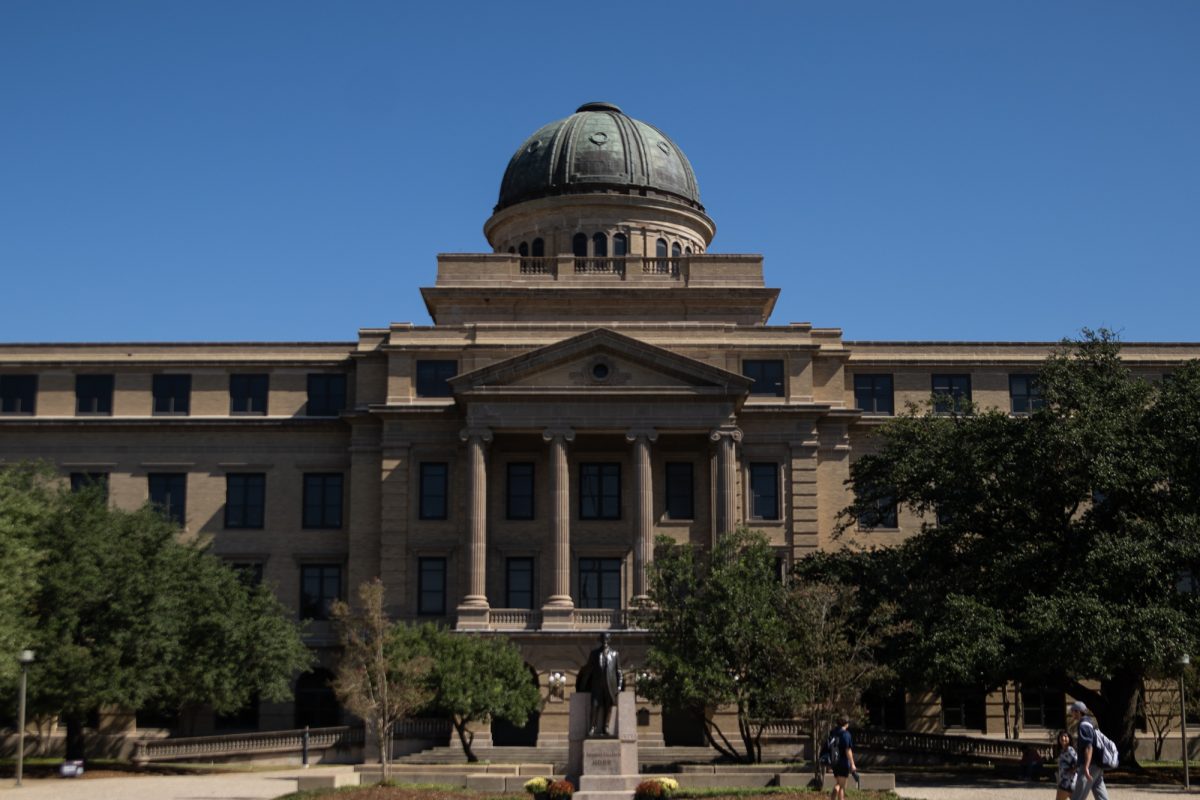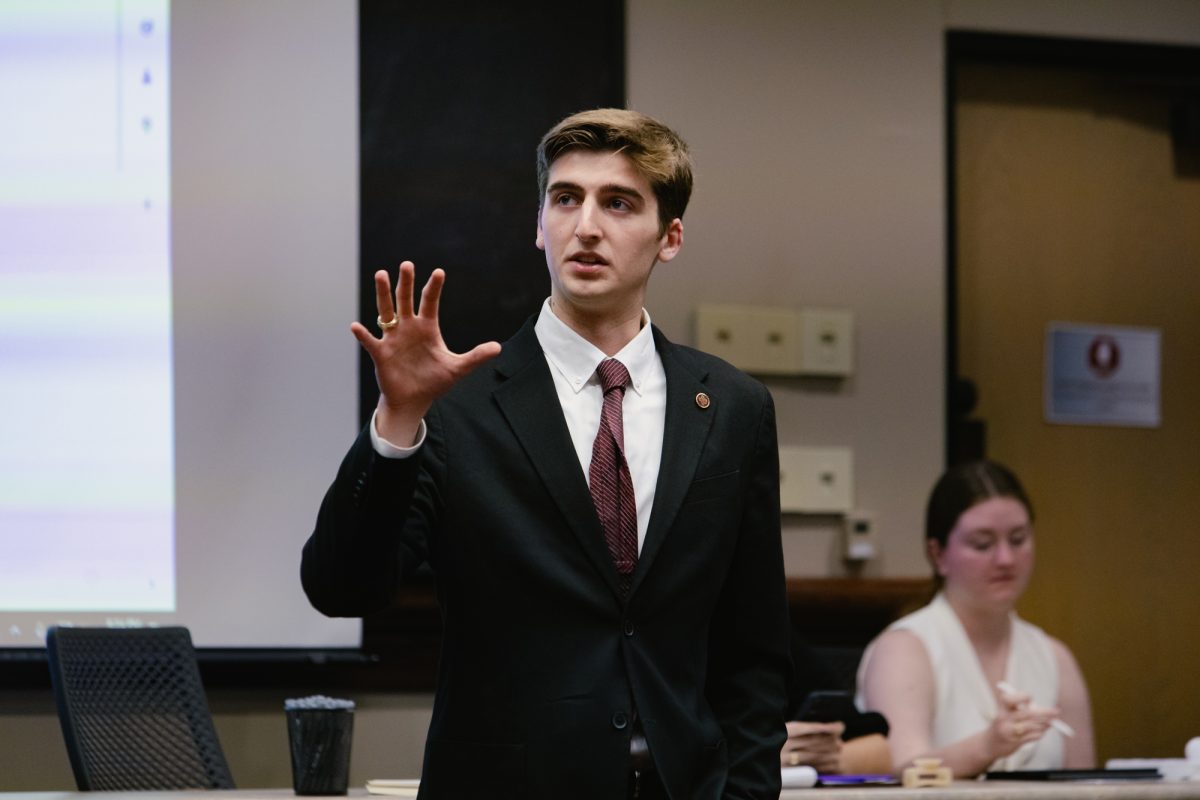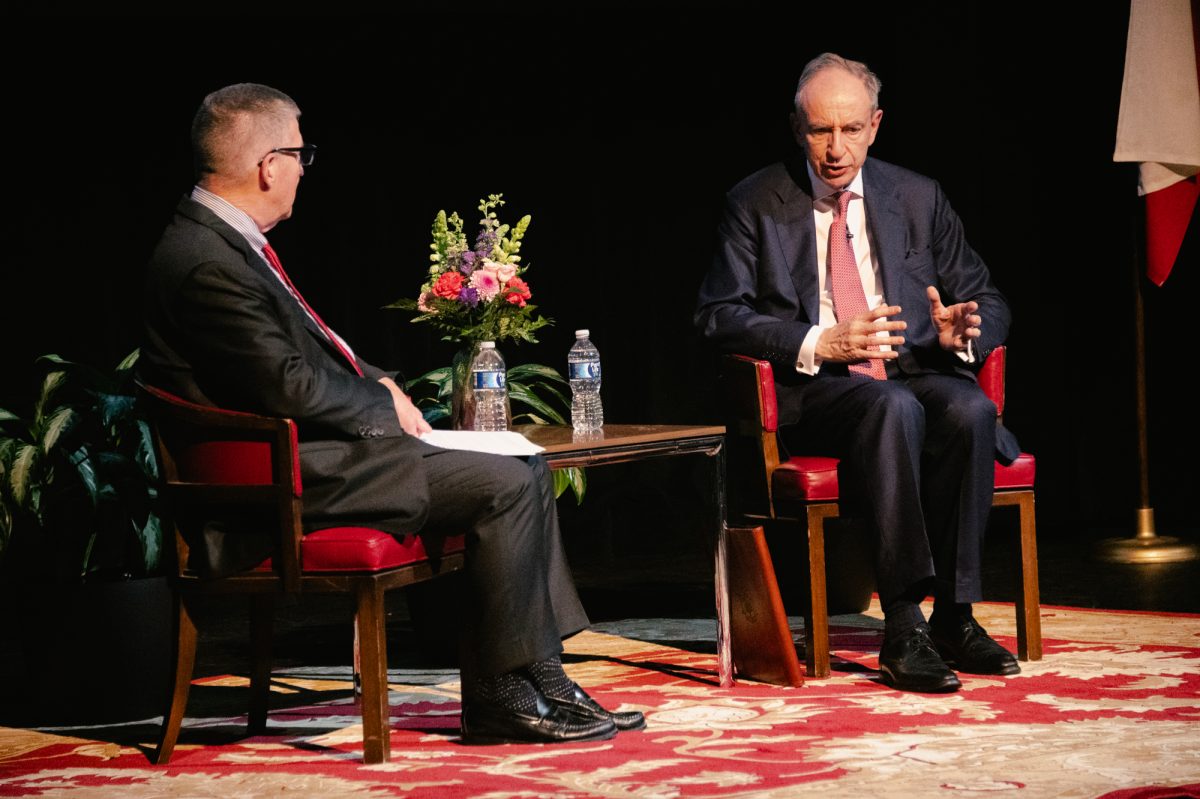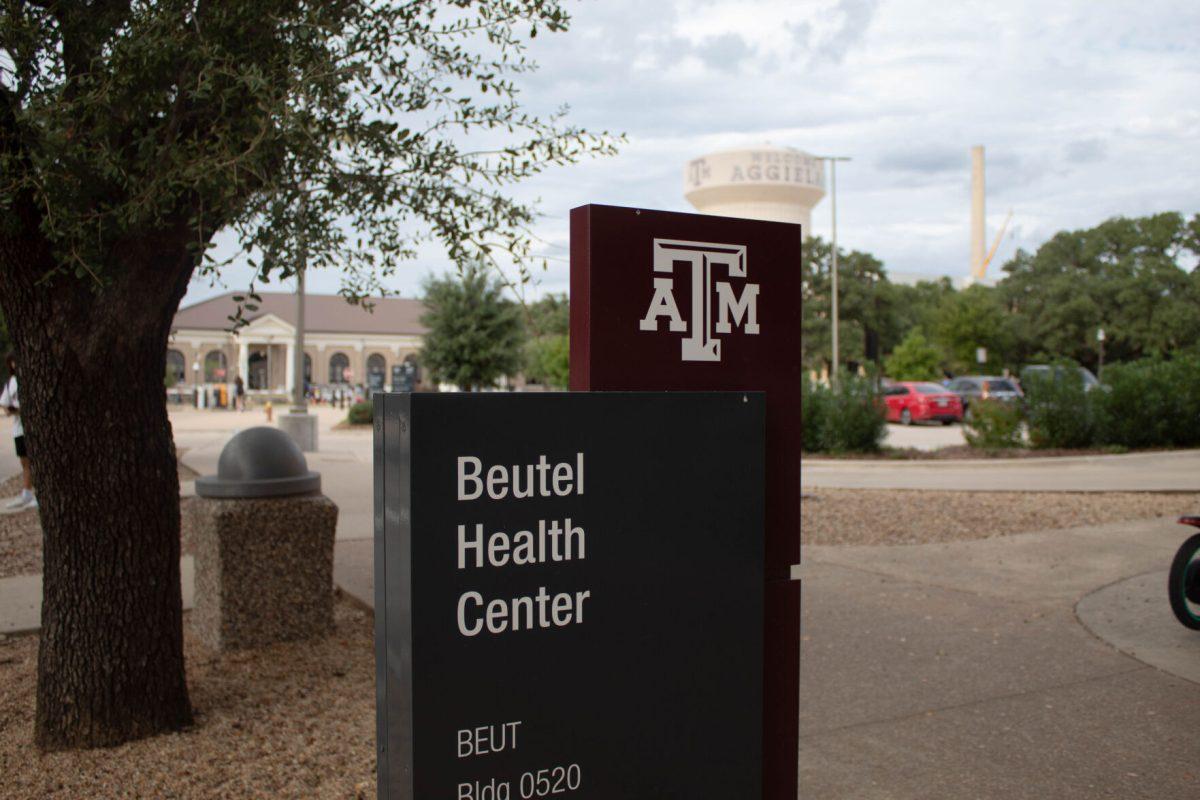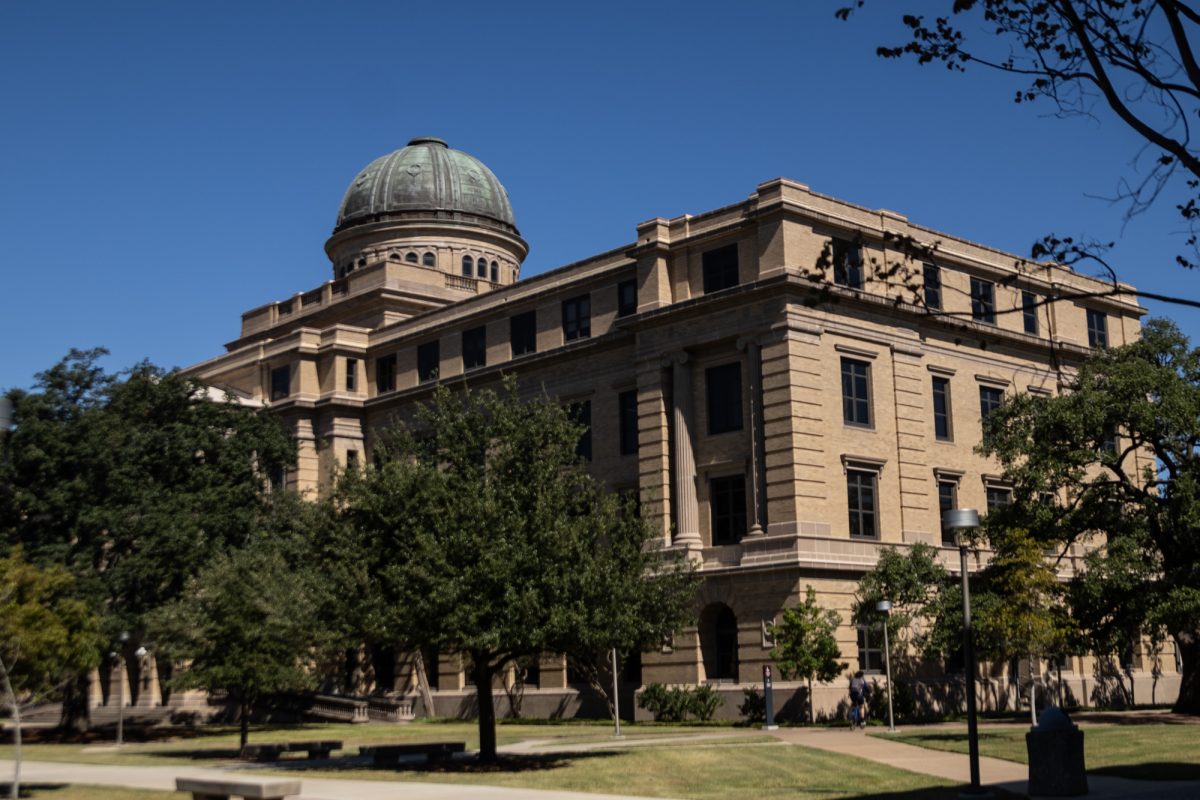The Texas A&M System Board of Regents approved five construction projects worth $239 million, appointed a new chief auditor and authorized President Mark A. Welsh III to negotiate a contract that would allow students to conduct in-space experiments during its quarterly meeting last Thursday.
If contract negotiations succeed, A&M System researchers would gain exclusive priority rights to send samples and experiments that would be installed on an International Space Station research platform dedicated to research, testing and manufacturing.
“We are going to put on board the International Space Station a device that will be five feet by five feet by five feet, and it will have the ability for us to put in experiments on orbit and in outer space,” Vice Chancellor for Engineering Robert Bishop said Thursday.
The platform, titled TAMU-SPIRIT, would be built and operated by commercial space company Aegis Aerospace, which would partner with A&M for development and assembly.
“Thanks to our partnership with Aegis Aerospace and support from Chancellor Sharp and the Texas A&M University System Board of Regents, the TAMU-SPIRIT flight facility will pave the way for Aggie researchers to push the boundaries of space innovation,” Welsh said. “Our research is already out of this world. It’s fitting that we’re making it official.”
The Board also approved more than $239 million in construction projects, including:
- $28.3 million for a Player Development Center at Blue Bell Park set to enhance player amenities and recruitment efforts
- $80 million for 300 new student beds and a dining facility at A&M-San Antonio
- $27 million for a new facility in Brownsville, Texas focused on advanced manufacturing training
- $40.6 million for a new Prairie View A&M facility for academic support services
- $63.4 million to construct an arena at East Texas A&M for events and intercollegiate sports
Regent Randy Brooks, the chair of the Board’s buildings subcommittee, said the System currently has 37 active construction projects and another 50 in the planning or pre-construction phases.
“The Texas A&M System is making major investments into the future of Texas today,” Chancellor John Sharp said. “All of these projects align with our commitment to providing high-quality educational experiences and responding to the needs of Texas residents.”
The Board also amended System policy on low-producing programs — which previously focused exclusively on degree programs — to include provisions requiring academic institutions to report minor and certificate enrollment numbers every two years. The System’s 11 universities, including the College Station campus, must now also conduct an annual audit of the programs to identify minors and certificates not meeting each institution’s set standards.
The policy change was spurred by a push by the Council of Deans and provost’s office last year to cut 52 programs from A&M. Faculty pushback stalled the initiative until the Board of Regents stepped in to mandate the closures.
The regents also established the Inspire Alliance, an engineering nonprofit focused on national security research and technology before ending the meeting by promoting Amanda Dotson to chief auditor. Dotson, who joined the System’s Internal Audit Department as director in 2015, will oversee all internal and investigative audit services for the A&M System.
The Board of Regents meet next from May 28-30.





